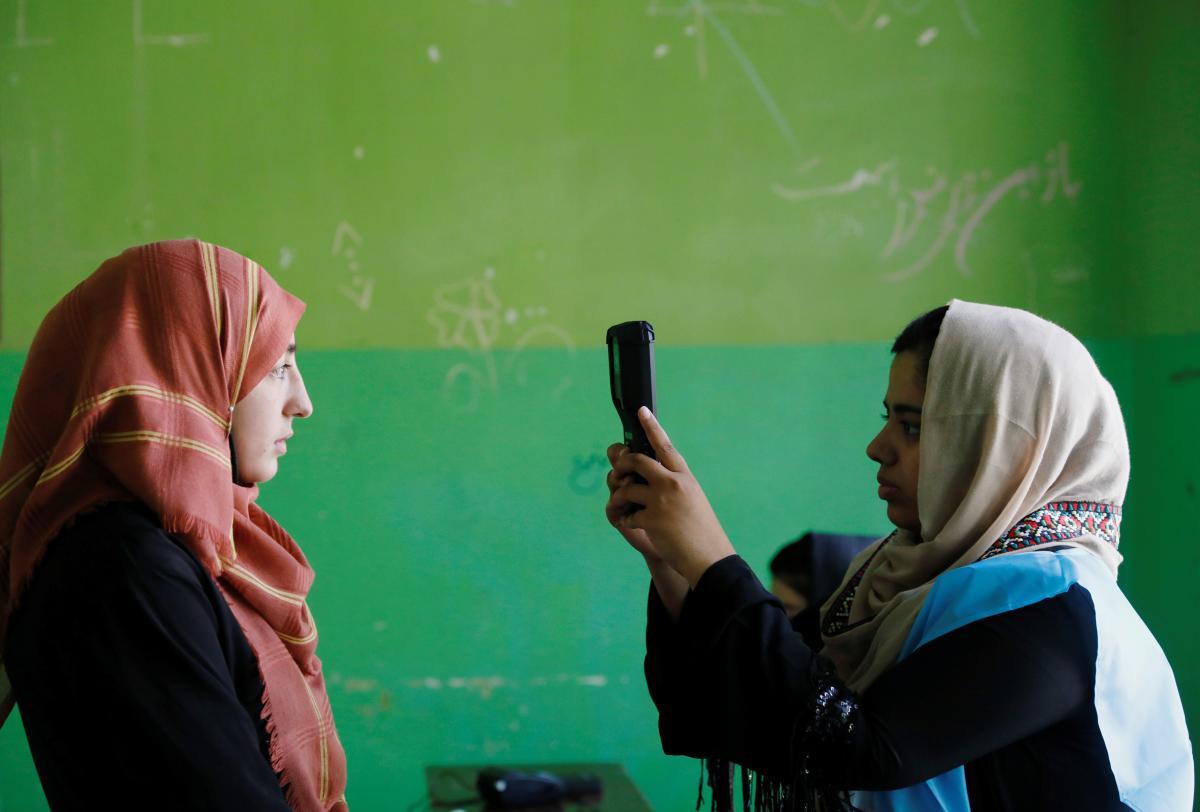Afghans in Hiding Fear Death by Data: One Year After Taliban Takeover
One year after the Taliban's rise to power in Afghanistan, thousands of Afghans, including former officials and activists, live in fear of being tracked through digital ID systems. The militants gained access to crucial data that poses a severe threat to those who worked with the government or foreign agencies. The story of Sadaf, a government worker forced into hiding within her own country, sheds light on the perilous situation faced by many Afghans. Despite efforts from human rights groups and international organizations to secure biometric data systems, many vulnerable individuals remain at risk due to their exposure through these digital IDs.
要約をカスタマイズ
AI でリライト
引用を生成
原文を翻訳
他の言語に翻訳
マインドマップを作成
原文コンテンツから
原文を表示
www.context.news
A year on, Afghans hide out fearing death by data | Context
抽出されたキーインサイト
by Rina Chandra... 場所 www.context.news 02-21-2024
https://www.context.news/digital-rights/a-year-on-afghans-hide-out-fearing-death-by-data
深掘り質問
